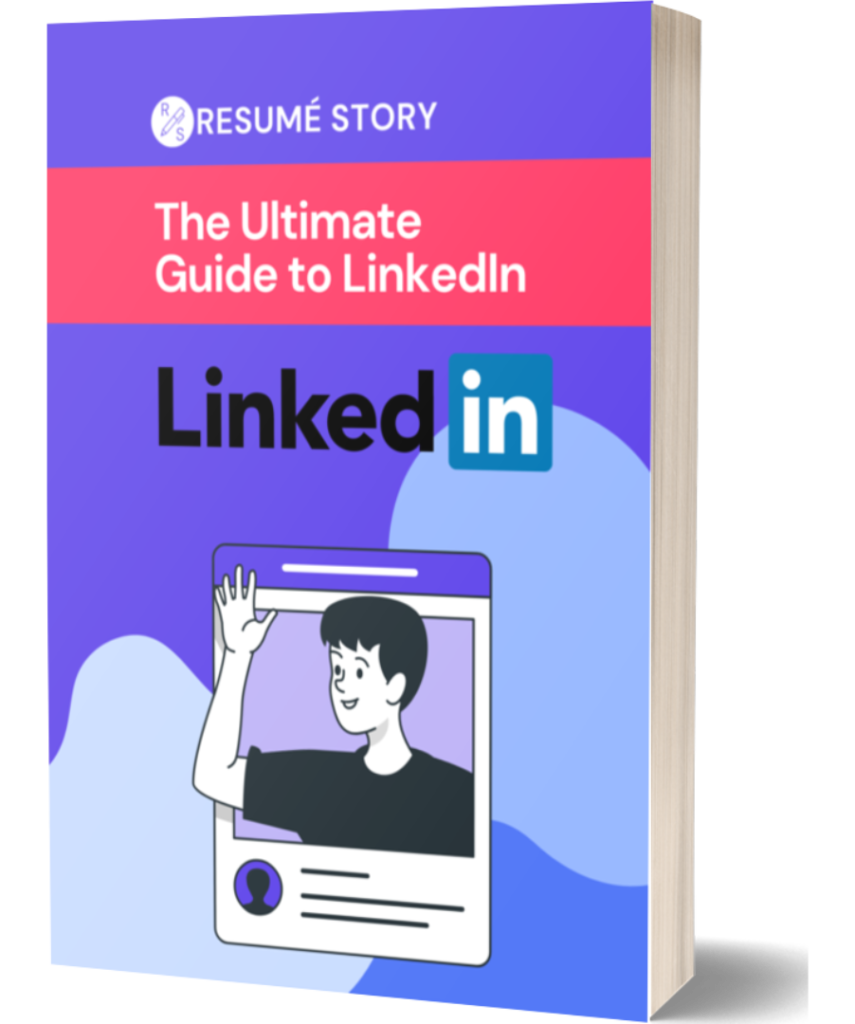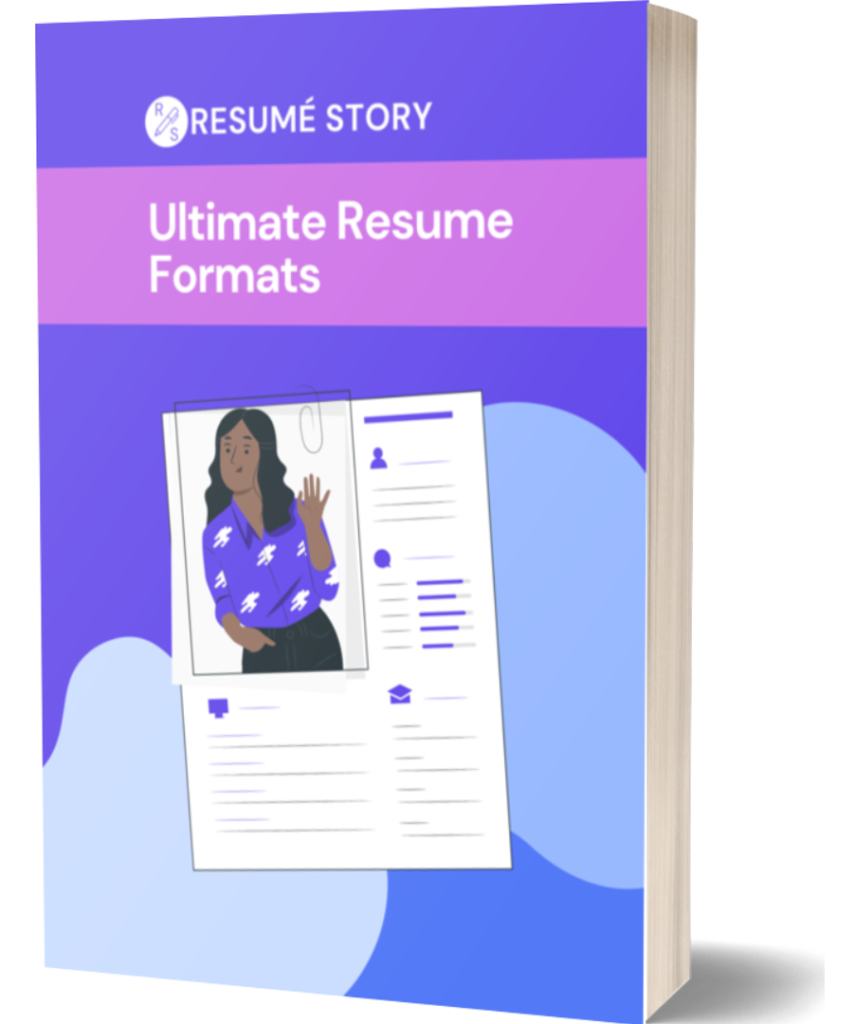Interview Questions – 7 types & how to answer them

Table of Contents
Experienced interviewers are skilled at evaluating candidates and ask a variety of questions. Put yourself in the shoes of the interviewer and analyse the many types of interview questions that may be posed to you.
At Resume Story, we commit to assisting you in preparing for interviews in a systematic manner so that you are prepared to answer any question that may be posed to you.
The following post outlines seven sorts of interview questions that are commonly asked during an interview. Purchase our Ultimate Interview Guide to understand the concepts in depth.
Let’s get started.
Fact-based Interview Questions
Factual interview questions, as the name implies, are asked at the start of the interview to clarify facts and figures about your profile. They could be CV-related or general queries that are not addressed in your resume.
Here are several examples:
- How long have you been with XYZ company?
- What was your undergraduate CGPA?
- What courses did you take for your MBA?
The best method to answer these questions is to keep it short and to the point. Don’t explain or justify the background tale. The interviewer will ask a follow-up question if he has one. An interviewer will usually have a rationale for asking a factual question, and you may be asked a follow-up question on it.
Comparison Interview Questions
Comparison Interview Questions are used to assess a candidate’s interest and preference in a particular issue. It demonstrates the candidate’s point of view and also reflects on the candidate’s ability to take a stand and defend it.
Here are several examples:
- Which is more significant, a robust product distribution or an aggressive marketing campaign?
- Which programme is better for a specific task, A or B?
- Would you rather have a lazy genius or a hardworking dud on your team?
These questions are designed to force you to make a difficult decision. Many candidates avoid adopting a firm stance in favour of being diplomatic and taking the middle ground. While the truth may lay anywhere between the two options, always lean towards one side of the debate. Remember that the interview is not just about your rationale, but also about your capacity to take a stand.
Reflective Interview Questions
These are used in conjunction with other types of questions. When the interviewer becomes interested in one of your responses, he will usually delve deeper into it by asking reflection questions.
Here are several examples:
- Please elaborate.
- Why so..
- Could you please elaborate?
Essentially, he or she is checking the breadth of your knowledge and comprehension of the subject. Interviewers are trained for this traditional interviewing approach. The technique is also known as – the ‘one-inch broad, one-metre deep’ technique. The interviewer will focus on one specific area of questioning and go in-depth on it.
Opinion Interview Questions
Opinion interview questions, as the name implies, test your point of view on a subject. It makes no difference whether the interviewer shares your viewpoint or agrees or disagrees with you. What counts is how you justify your position and how you defend it.
Here are several examples:
- What are your thoughts on the new education policy?
- What are your thoughts on the present high pay provided by many start-ups?
- How do you feel about attribute-based marketing communication?
Don’t get emotional while answering these types of questions. The interviewer may provoke you by offering a counter-opinion or simply mocking your thoughts. Maintain your cool and stick to your guns. You can always agree to disagree graciously.
Case-Study Interview Questions
Case-based interview questions, in which the interviewer presents a hypothetical scenario and asks you to reply as if you were in that scenario, are particularly common in management interviews. These types of questions assess your technical abilities (for the job for which you have applied). It also assesses how structured your thinking is and whether you can develop a framework to solve the problem.
Here are a few examples:
- Assume you are the CEO of XYZ company, and your turnover is increasing but your profits are decreasing; what would you do?
- How many table tennis balls can fit in an A380?
Consulting firms typically ask a lot of case-based questions, which can be fairly abstract at times. It is important to approach the problem in an organized manner even if you are not an expert. Begin by asking clarifying questions to learn more about the situation. Before beginning your answer, take your time jotting down how you would tackle the problem.
Behavioural Interview Questions
Interviewers use behavioural inquiries to gather evidence of what a person has done in the past and forecast how he will behave in the future. They attempt to trace a pattern of the individual’s temperament.
Here are a few examples:
- Tell me about a time when you had to discipline a team member for being routinely late to work.
- Tell me about a moment when you struggled with something.
- Tell me about a time when you had an ethical quandary at work and how you dealt with it.
For answering these problems, there is a tried-and-true framework. To begin, establish the context by outlining the situation’s history. This should be followed by your role in the incident and what you did in that situation. The conclusion should be the final result of learning. Amazon is well-known for asking several behavioural inquiries. Never fabricate stories and always respond truthfully. Recruiters are trained to go deeper and discover if you are lying about anything.
Leading Interview Questions
The worst kind of interview questions are a symptom of an inexperienced interviewer. In these questions, the interviewer prompts the answer in the question itself and indirectly expects you to respond in the manner he desires.
Here are several examples:
- What do you think of the government’s fantastic new education policy, which was recently unveiled?
- Why do you believe that successful advertisements always have a strong product-emotion fit?
It can be challenging to be asked a leading question, but while in Rome, do as the Romans do. Play along with the interviewer and add as many points as you can from your point of view.
There are numerous online tools accessible to learn and practise different types of interview questions. This one in particular is extremely useful.
Resume Story also has a rigorous interview coaching program called Interview Pro where we train the candidate through three mock 1-hour mock interview rounds followed by detailed customized feedback
Subscribe to our blog to discover more about resume and interviewing tips and tactics.
Categories
- Freshers (1)
- Interview Prep (2)
- Linkedin (1)
- Resume Writing (9)
- Technical Interviews (1)
- Uncategorized (2)
If you like what you see, please share!
Receive more such content in mail
Popular Posts
-
5 Best Online Resume Builder for 2024
March 23, 2024 Resume Writing -
Understanding the Full Form of CV
March 23, 2024 Resume Writing
Pricing Plans
Choose the best plan for yourself
Review your current resume
per report
- ATS compatibility
- Skill Analysis
- Content Structure
- Resume Structure
- Language Analysis
- 30 min 1-on-1 session
- Skill mapping for dream job
- Resume re-writing
- 3 mock interviews
Professional Resume Writing
3 revisions
- ATS compatibility
- Skill Analysis
- Content Structure
- Resume Structure
- Language Analysis
- 30 min 1-on-1 session
- Skill mapping for dream job
- Resume re-writing
- 3 mock interview
Mock Interview Practise
3 hour sessions
- ATS compatibility
- Skill Analysis
- Content Structure
- Resume Structure
- Language Analysis
- 30 min 1-on-1 session
- Skill mapping for dream job
- Resume re-writing
- 3 mock interviews









